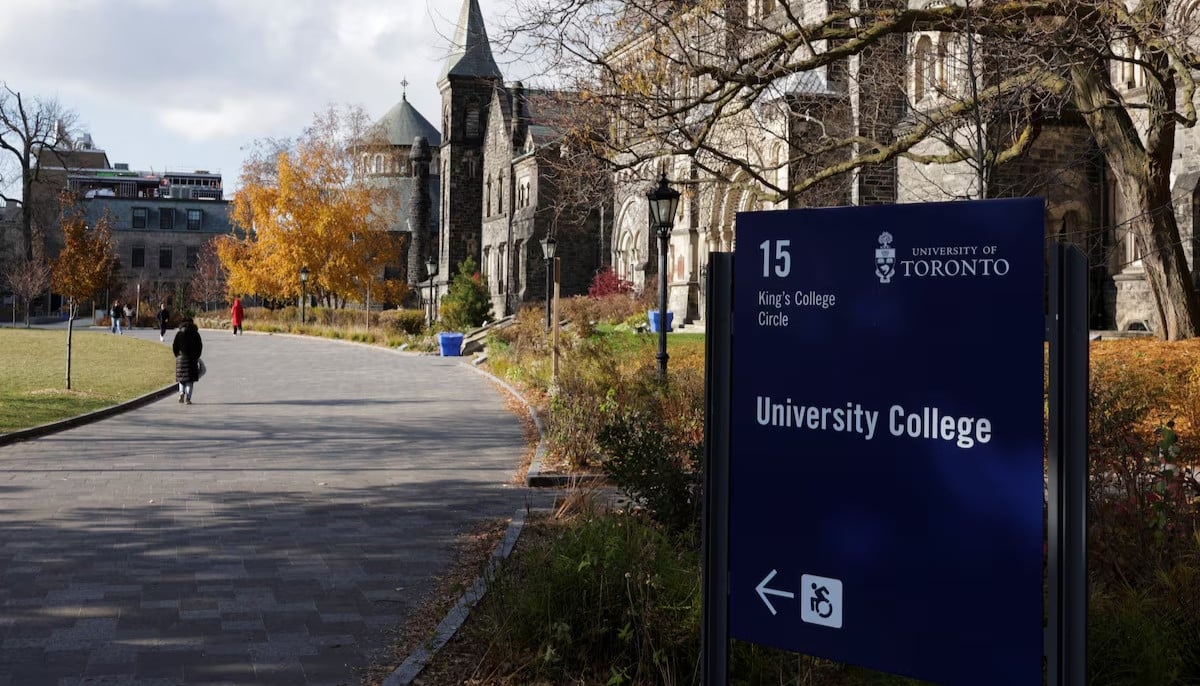The Fraud: Zadie Smith's new novel is tale of Victorian England to Jamaican slavery
England is "not a real place... an elaborate alibi", says the book's narrator at the end
Zadie Smith's most recent book "The Fraud" marks her entry into the field of historical fiction with an incredible and in-depth analysis of Victorian colonial England and some of its residents.
The novel has a patchwork style, similar to earlier works by Smith, with a number of interconnected tales occurring across around 50 years. The real-life and extremely odd trial of a man claiming to be Sir Roger Tichborne, who was assumed to have perished at sea and was the heir to a sizable fortune, serves as the plot's focal point.
The novel is told through the eyes of Eliza Touchet, the cousin and companion of William Ainsworth, a well-known author in Victorian England but almost forgotten now. The ridiculous and protracted trial, which had people from all groups in 1870s England captivated, is seen through Eliza's eyes in the book.
In reality, all of Ainsworth's books are no longer in print, and Touchet is mostly forgotten in historical accounts of Eliza and William. Touchet is incredibly compelling and a fantastic character to experience 19th-century England. She is witty, intelligent and compassionate. Her relationships with her cousin William Ainsworth and his first and second wives are written with humour and heart.
Through her, we are able to see the reality of her surroundings; including nepotism, fake friends, pretend, and deception. Additionally, she serves as the central character in a fictitious narrative of the fight to end slavery.
The main court case in the book establishes a link between the Tichborne family and Jamaica. This link paves the way for Andrew Bogle, a mature Black man who was formerly a slave and served as the claimant's key witness. Andrew is maybe the novel's most subtly alluring character.
The book shifts between past and present, however it mostly focuses on Eliza's experiences.
In 1870s England, Bogle is regarded as being composed and exceedingly sincere, and his race does not diminish his sincerity. The section of the work that describes his life in this episode is by far the most gripping. The miseries of Jamaican plantation life are vividly conveyed in Smith's sophisticated and skillfully worded account while avoiding overly gory detail.
The Fraud is a novel that explores a variety of themes and, in keeping with Smith's style, challenges the reader to consider what it means to be human by challenging their perceptions of who is speaking the truth. There are so many individuals the reader meets that practise hypocrisy and self-deception that we could wonder just who the titular phoney is.
There is absolutely no separation between what occurs in Jamaica and what occurs in England. The narrator of the novel says that England is "not a real place... an elaborate alibi" at the end of the book. The narrator goes on to say: "Everything else, everything the English did and really wanted, everything they desired and took and used and discarded - all of that they did elsewhere."
Characters conversing in their luxurious houses frequently debate and frequently discount the savagery of empire and plantation life, but their geographical separation from the atrocities of the colonies does not make them immune to it.
The narrative is full of controversy, the characters are intriguing, and there are several allusions to a number of well-known authors that serve to anchor this historical work in something comfortably familiar, the Guardian reported.
-
Trump revokes legal basis for US climate regulation, curb vehicle emission standards
-
DOJ blocks Trump administration from cutting $600M in public health funds
-
Scientists find strange solar system that breaks planet formation rules
-
Woman calls press ‘vultures’ outside Nancy Guthrie’s home after tense standoff
-
Casey Wasserman to remain LA Olympics chair despite Ghislaine Maxwell ties
-
Gigi Hadid feels 'humiliated' after Zayn Malik's 'pathetic' comment: Source
-
Ontario tuition freeze ends, allowing colleges and universities to raise fees
-
James Van Der Beek’s 'heartbroken' ex wife breaks silence of his death












